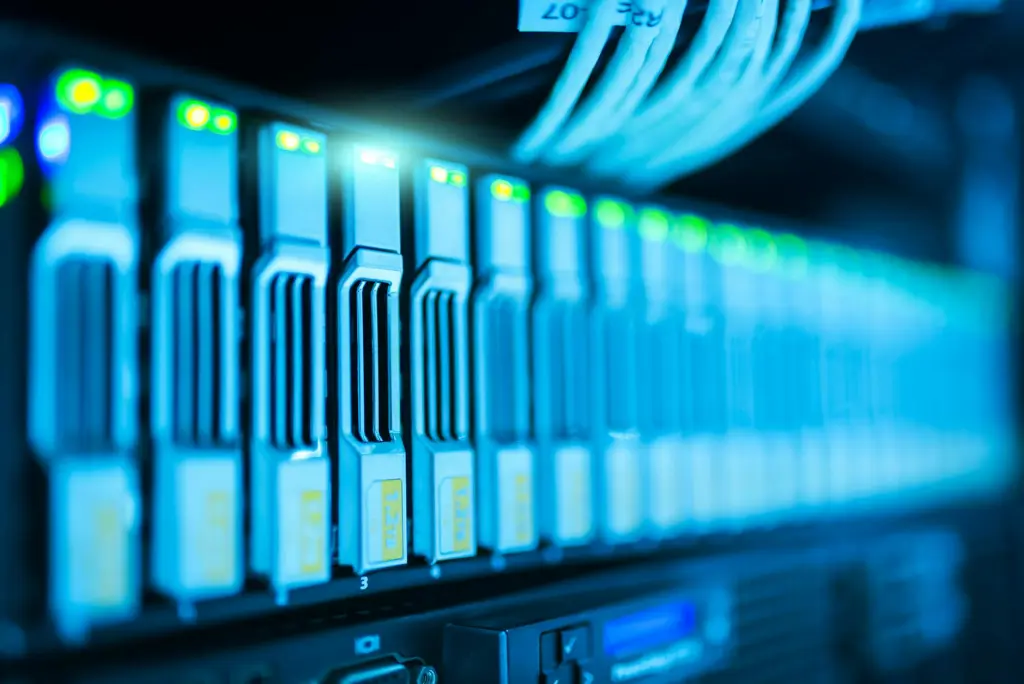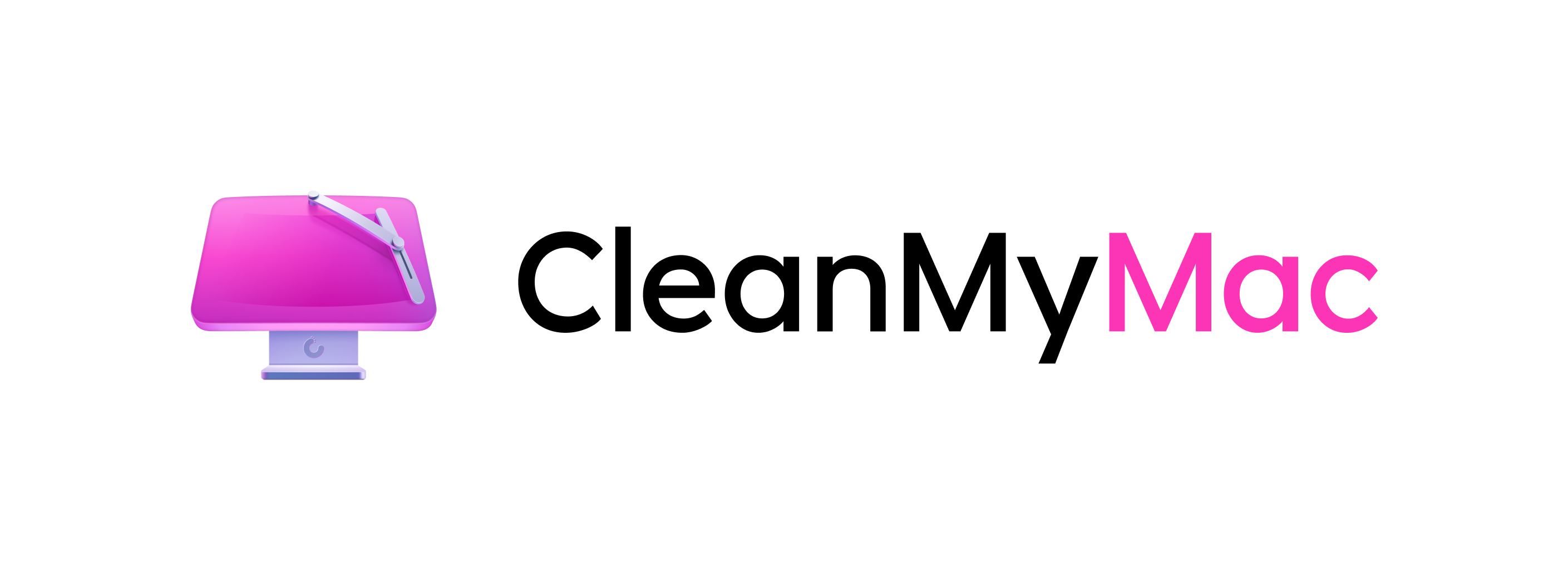
· 2 min read
Local Nextcloud for Dropbox replacement
Recently, I looked into Nextcloud as a way to create a local storage network and possibly other services later on.
Why, you might ask. I use Dropbox and have no complaints about the service or cost.
However, as security and the rising cost of everything become more of a concern, I have to start questioning where I spend those precious dollars.
Being a developer means I start to look at options that others might not consider, like being able to host my services. Nextcloud is a free self-hosting option, and I have plenty of hardware on which I can set it up.
I do not need to access my Dropbox files remotely outside my network, so why bother paying for something that I just use as a giant network-attached storage as a remote solution? After all, I do have a 16TB NAS sitting right under my feet at this very moment.
My concern with my NAS is this: when disaster happens (I noticed I said when and not if; you should think the same) and the drives or the box fail, it means all the files on the drives are in a file system I cannot access directly. This means I have a cloned backup, by the way, on conventional drives.
With Nextcloud, I can access the files on a fully working Linux machine and quickly move them somewhere else if I need to—all with the knowledge that they are local.
So, how am I setting this up?
I have an older PC desktop machine with way more power than is needed for this task, but it sits idle with Windows 11. It now has a Linux server distribution. I am going with Ubuntu since it works fine, and I’m familiar with it.
I have a 2TB NVMe drive that I got for a reasonable price on Amazon (affiliate link), and it has plenty of space. The desktop box has space for more drives as I need them.
I installed Nextcloud following this great walkthrough on Linode’s site.
Within a couple of hours, I was up and running. Now the data transfer begins, I’ll be sure to share with you how it’s all going once I have used it for a while, but right now, it’s fast and happy.


